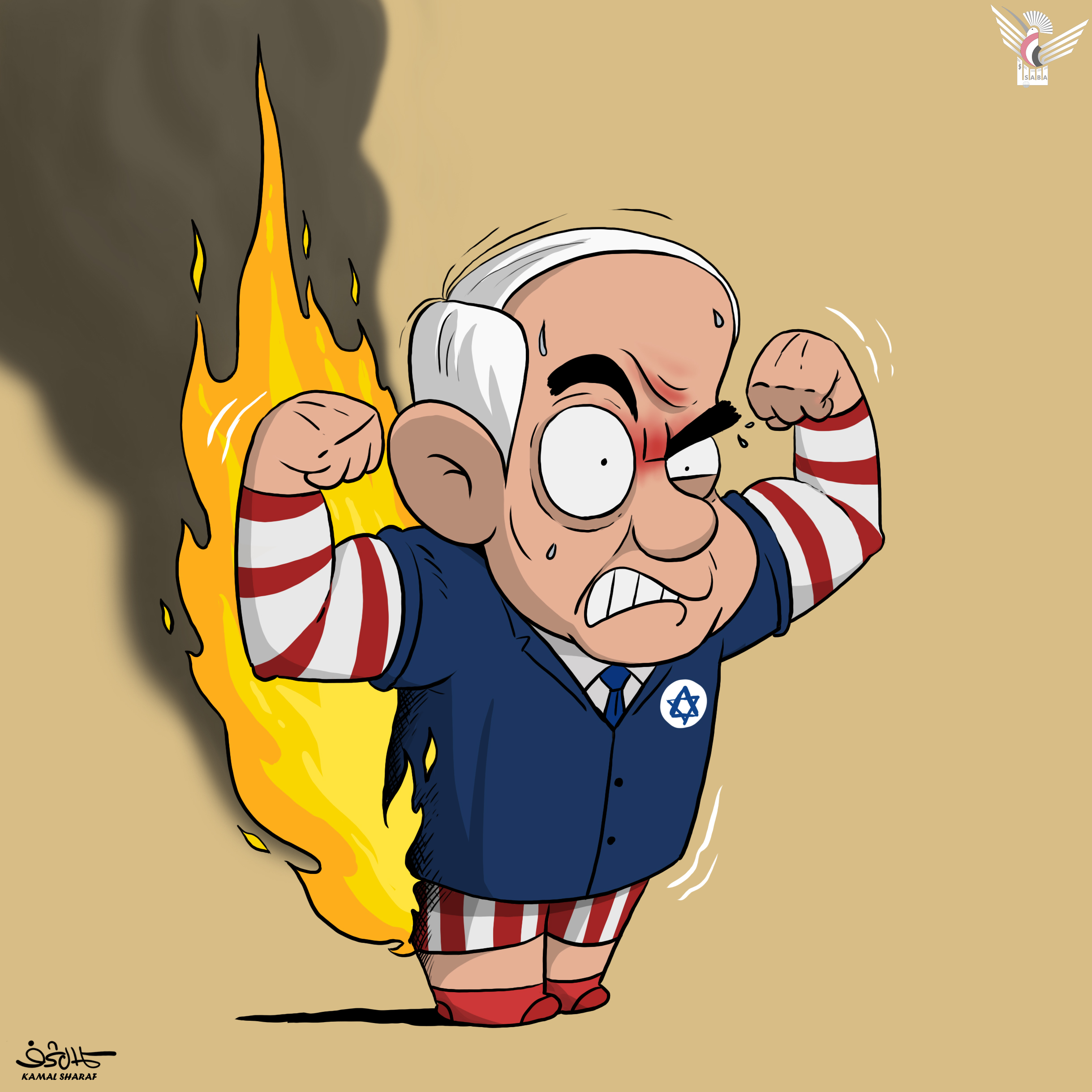Beirut - Saba:
The leadership of the Democratic Front for the Liberation of Palestine in Lebanon held a leadership meeting at its office in Beirut on Wednesday to discuss the risks threatening the Palestinian cause and the developments of the Israeli aggression against the Palestinian people.
The meeting reviewed the situation of the Palestinian people in Lebanon and the file of Lebanese-Palestinian relations in light of the risks and challenges facing the two brotherly peoples.
The Democratic Front affirmed in a statement received by the Yemeni News Agency (Saba): "Our Palestinian people, who have always affirmed their support and stand by brotherly Lebanon, its security, stability, and the liberation of the remaining land, today renew their position and commitment to Lebanese sovereignty. They consider the security of the camps to be part of the security of all Lebanese regions. They are keen to forge the best possible Palestinian-Lebanese relations, organize them, and consolidate them on solid and sound foundations that strengthen fraternal relations between the two brotherly peoples, guarantee justice and dignity for the Palestinian people, preserve Lebanon's security, stability, and sovereignty, and safeguard the interests of the Palestinian and Lebanese peoples on the basis of rights and duties."
The Front's leadership expressed its appreciation for the positions of His Excellency the President of the Lebanese Republic, General Joseph Aoun, in his support for the Palestinian people's struggle and their right to return, and his emphasis on dialogue to regulate relations and address all common issues responsibly and wisely.
It also valued the official and popular Lebanese position in support of our people in confronting the enemy, Israeli aggression, and the war of extermination in Gaza, and in supporting their struggle to regain their legitimate national rights to return, self-determination, and the establishment of a fully sovereign, independent Palestinian state with Quds as its capital.
The Front stressed the necessity of a joint Lebanese-Palestinian approach and the formulation of a joint Lebanese-Palestinian action strategy to confront the dangers and plots targeting the two brotherly peoples. This can only be achieved through fraternal dialogue between the two parties.
The Front affirmed that the Palestinian refugee issue is a national, political, and humanitarian issue, and is not limited to the issue of Palestinian weapons. The camps are a milieu of struggle and resistance, a living witness to the tragedy that has befallen the Palestinian people, and one of the pillars of preserving the right of return and national identity.
The Front called for an official and popular Lebanese-Palestinian dialogue, addressing the arms issue without exaggeration and tension, and addressing it as a political and societal issue.
The natural venue for discussion is the Joint Palestinian Action Committee and the Lebanese-Palestinian Dialogue Committee, which must agree on a unified vision that draws a line between the responsibilities the Palestinian people can bear toward the Lebanese state and the responsibilities some parties are trying to force upon them.
This should be based on Lebanese recognition of the specificity of the Palestinian situation and agreement on a comprehensive approach to the Palestinian presence, free from selectivity, and comprehensively addressing the political, economic, social, legal, and security aspects.
This requires granting Palestinian refugees legal capacity as refugees, not foreigners, with all the resulting necessity of enacting legislation that grants them legal protection regarding employment, property, and political activity, in a manner that serves the position of adhering to the right of return.
This serves the common interest of rejecting both resettlement and displacement.
The Front's leadership stressed the importance of internal dialogue between the various Palestinian factions and forces in Lebanon to unify positions and agree on a unified Palestinian vision on all issues.
It also stressed the need to strengthen joint Palestinian action and intensify and consolidate all efforts at this sensitive stage in order to preserve the Palestinian presence, fortify the camps, and enable our people to confront the political, social, and livelihood challenges they face.
The Front's leadership also addressed the deteriorating economic and living conditions of Palestinian refugees in Lebanon, in light of the decline in UNRWA services and continued cuts.
It called on the agency to take urgent action to secure the necessary funds to implement a comprehensive relief plan that meets the needs of refugees, away from the policy of adapting to the financial crisis and resorting to cuts.
The Front warned against compromising programs and services under the pretext of financial deficits. It emphasized the importance of working with donor countries to provide the necessary funding to improve educational, health, and relief services, protect job security for UNRWA employees, address the problem of dilapidated infrastructure and homes in camps and settlements, complete the reconstruction of Nahr al-Bared camp, expedite the restoration of schools in Ain al-Hilweh camp, and respond to the demands of Palestinian refugees displaced from Syria.
The Front's leadership concluded by emphasizing that these political, social, and economic challenges require the intensification and unification of Palestinian efforts at all levels.
It also emphasizes the need to activate the popular movement to protect UNRWA and pressure the international community to assume its responsibilities and secure a stable and sustainable budget, similar to that of other UN agencies. This will protect UNRWA from political and financial blackmail and ensure its adherence to the agency as a witness to the tragedy and catastrophe of our people and their right of return.

| more of (International) |




